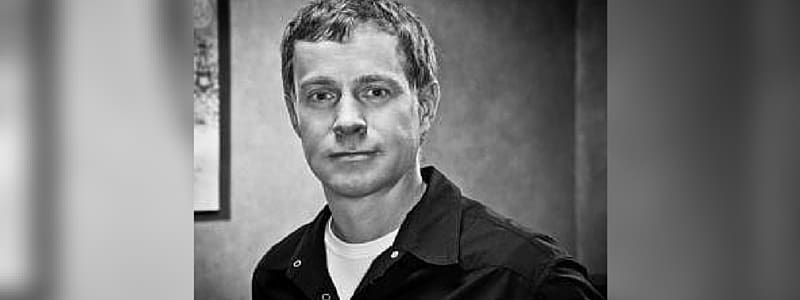What would you ask Vancouver’s music, yoga and business guru if you had one hour?
I was lucky enough to have this quandary thanks to a recent fundraiser I attended and a silent auction I won. I parted with a bit of cash for a good cause and received my own coffee meeting with Terry at his favourite coffee shop.
After some careful thinking and a phone call to a smart friend, these are the questions I armed myself with, knowing that what I really wanted was to get Terry talking about things I could learn and apply to my consulting practice.
My question arsenal:
- What do you think about when hiring someone like me?
- If you were in my shoes, what would you do with my business?
- What question haven’t I asked that you think I should be asking?
And this is what I learned, and I paraphrase:
Business leaders need help keeping things simple
As entrepreneurs and business leaders, we get emotionally attached to our businesses and want to add more things (thereby more complexity), hoping the next product or service will bring in additional revenue. What Terry has found in his career is that the opposite is true. You have to let go of complexity in your offering and focus on the products and services that your customers buy most. Make them profitable first. Once those are working for you, then you are able to add other offerings that fit with the brand you have created . . . maybe. But test, and test again.
Being simple allows you to focus on scaling up your business
When you reduce complexity and simplify your business offering, then you are in a better position to work on the business instead of in the business. What that means is you focus on what it will take to grow your core business. Terry believes the business systems are the easy part. It is getting your executive bench strength that is harder. But once you have the right people on your executive, then you have the few direct reports you need to scale.
As the CEO, you should have 3 to 4 top measures that drive your business
Terry cares about four groupings of data:
- What are my margins per location?
- How many new customers are coming in?
- How many existing customers am I retaining? What is my churn rate?
- How long will it take me to recoup my investment in one location so I can invest in the next one?
Admittedly, there are lots of measures that lead into these four, but Terry believes that the next level of data is left up to each vice president to oversee. The VP has a few levers within their influence they can pull and adjust to achieve the top four results. It is here that they test and adapt over time. But to scale your business, you have to know your data.
If something I say upsets you emotionally, there is a learning opportunity in there
Terry invests time and energy into helping entrepreneurs when he speaks to groups such as the Forum for Women Entrepreneurs and others. Sometimes people get angry with him when he makes a suggestion about how to simplify or change their business models. That’s ok with him. He knows that underneath that emotional reaction is a trigger that the person will learn from if they let themselves.
If something I say resonates with you, put it into action
In the same breath, Terry says that people will follow up with him months or year later and say that they took away a key idea that had a profound impact on their business growth. And that is what keeps him coming back.
Lucky for me! Which idea do you think I should put into action? Email me now!



